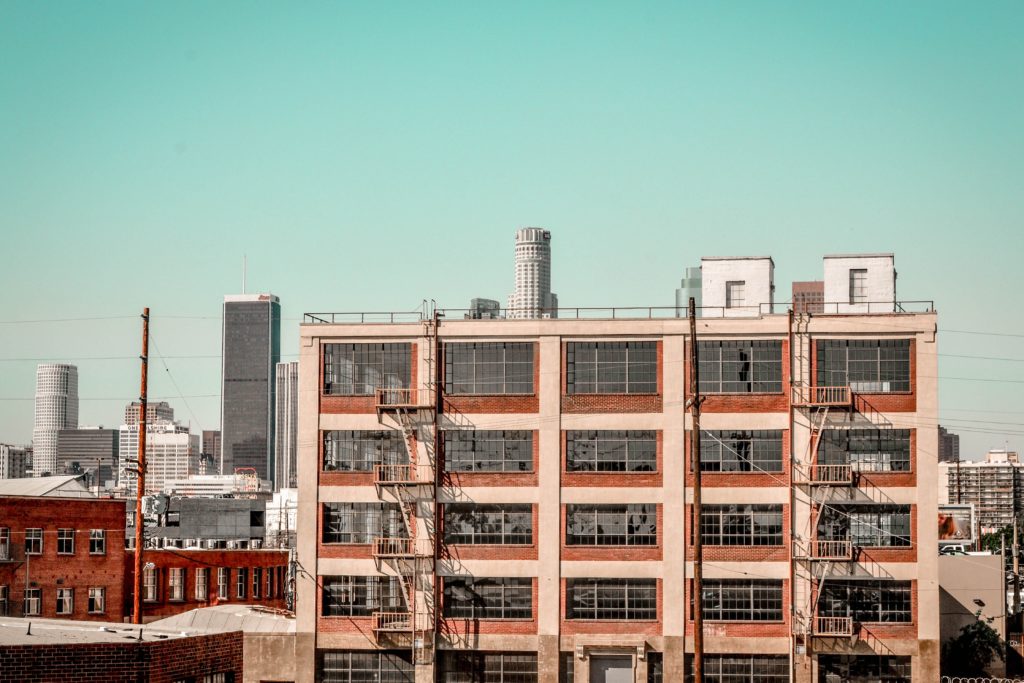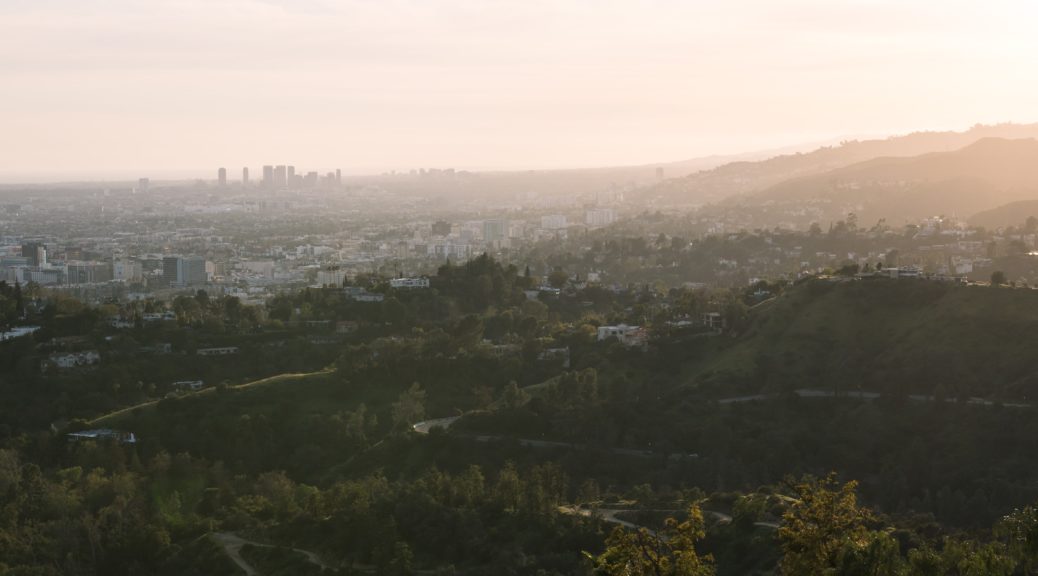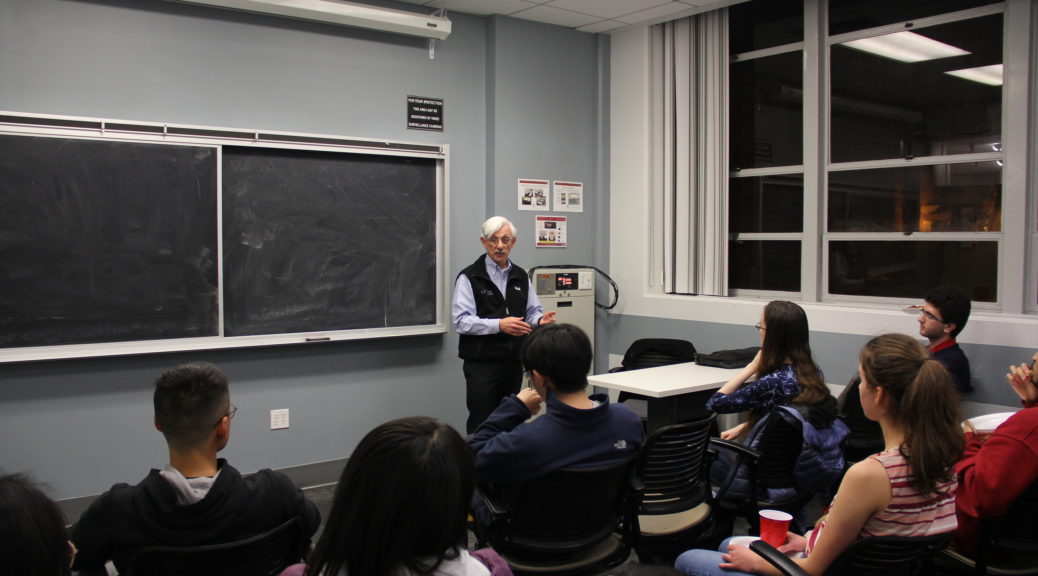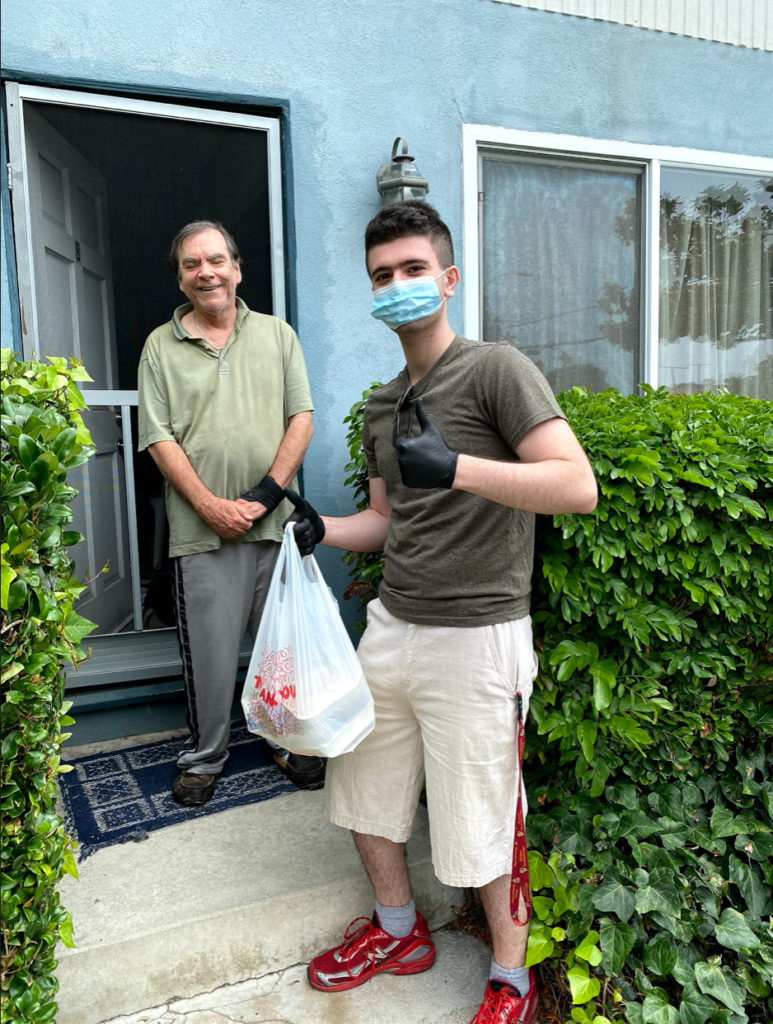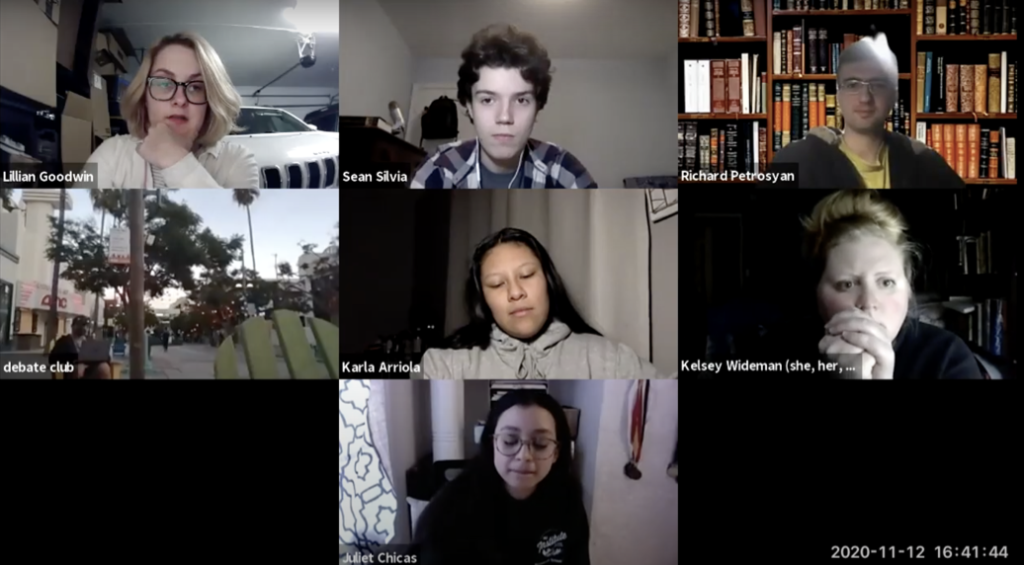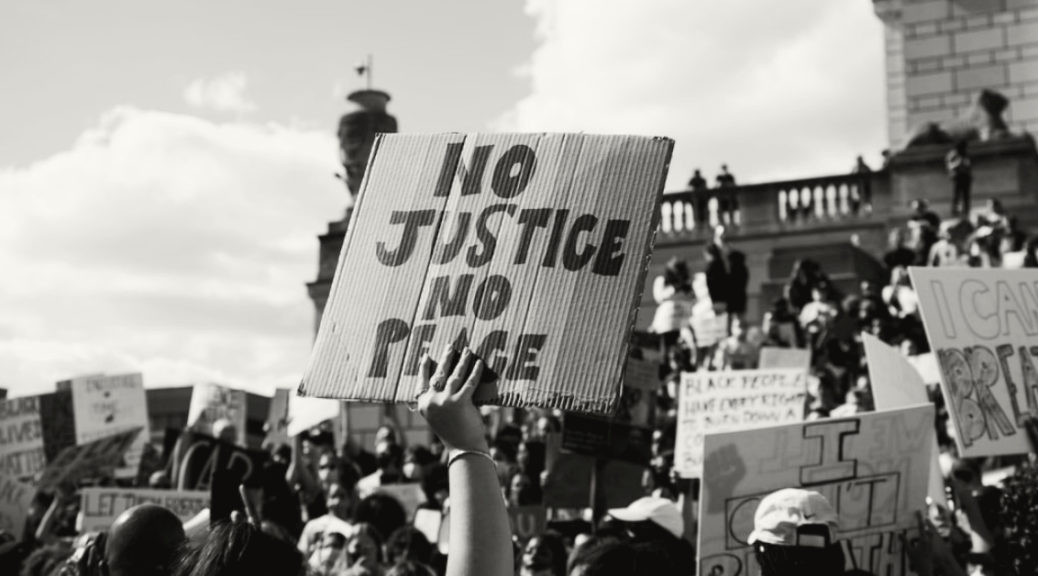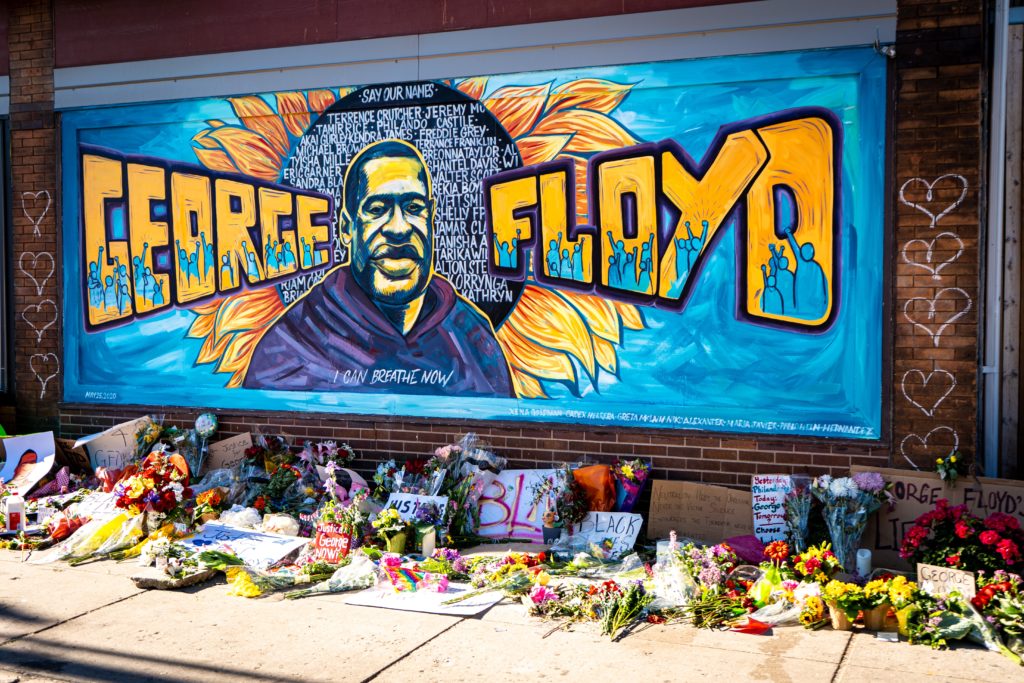By Jason Her
Edited by Natalie Grace Sipula
[3 minute read]
As a social work student living in Los Angeles, I often wondered about the homeless crisis shown on the news and the actions being taken to assist this population. This made me question many things about the situation, and I wondered how it had gotten this bad. Coincidentally, this led me to an internship working with the homeless population, an opportunity that was unexpected, but that allowed me to gain a better understanding of the crisis we are facing.
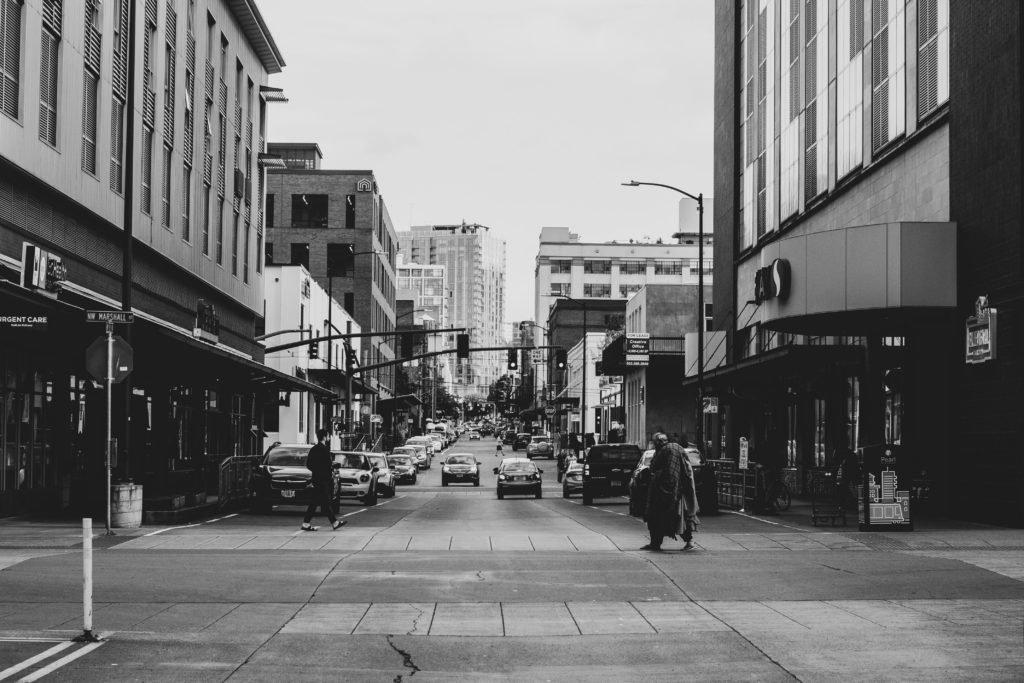
Although there are many reasons why one may experience homelessness, contributing factors are state and federal policies. An example is the Lanterman-Petris-Short Act in 1967 which led the state government to deinstitutionalize mentally ill patients. California was one of the first states to do so. Some may argue this was a good thing, but as a result, victimization, homelessness, and increased rates of incarceration occurred. This was followed by the Omnibus Budget Reconciliation Act (OBRA, which President Ronald Reagan signed into law in 1987). It decreased federal funding to the states and gave patients the choice to seek treatment outside of a mental institution, have the option to seek treatments at clinics at the state level, and have the freedom to administer their own medication. An ethical move in the eyes of the federal government, but as we know, the mentally ill are amongst the most vulnerable populations in society because most cannot make sound decisions. As a consequence of these policies, mental illness has become prevalent in the homeless population, making it a difficult problem to tackle.
Aside from these policies, another factor that has contributed to the homeless crisis in Los Angeles is the destruction of single-room occupancy hotels in Skid Row. These single-room occupancies were the most affordable housing mostly used by transient, immigrant men who worked to build railroads around the mid-19th century. In the 20th century, men from the rest of the United States who headed west for employment would often end up on Skid Row, where they could find housing, food, or shelter of some kind. Over the years, it would house the city’s working poor, unemployed, disabled, and otherwise marginalized residents. But between 1950 and 2000, 15,000 residential hotel apartments that were once single-room-occupancy were destroyed, forcing thousands of people onto the city’s shelters and sidewalks.
